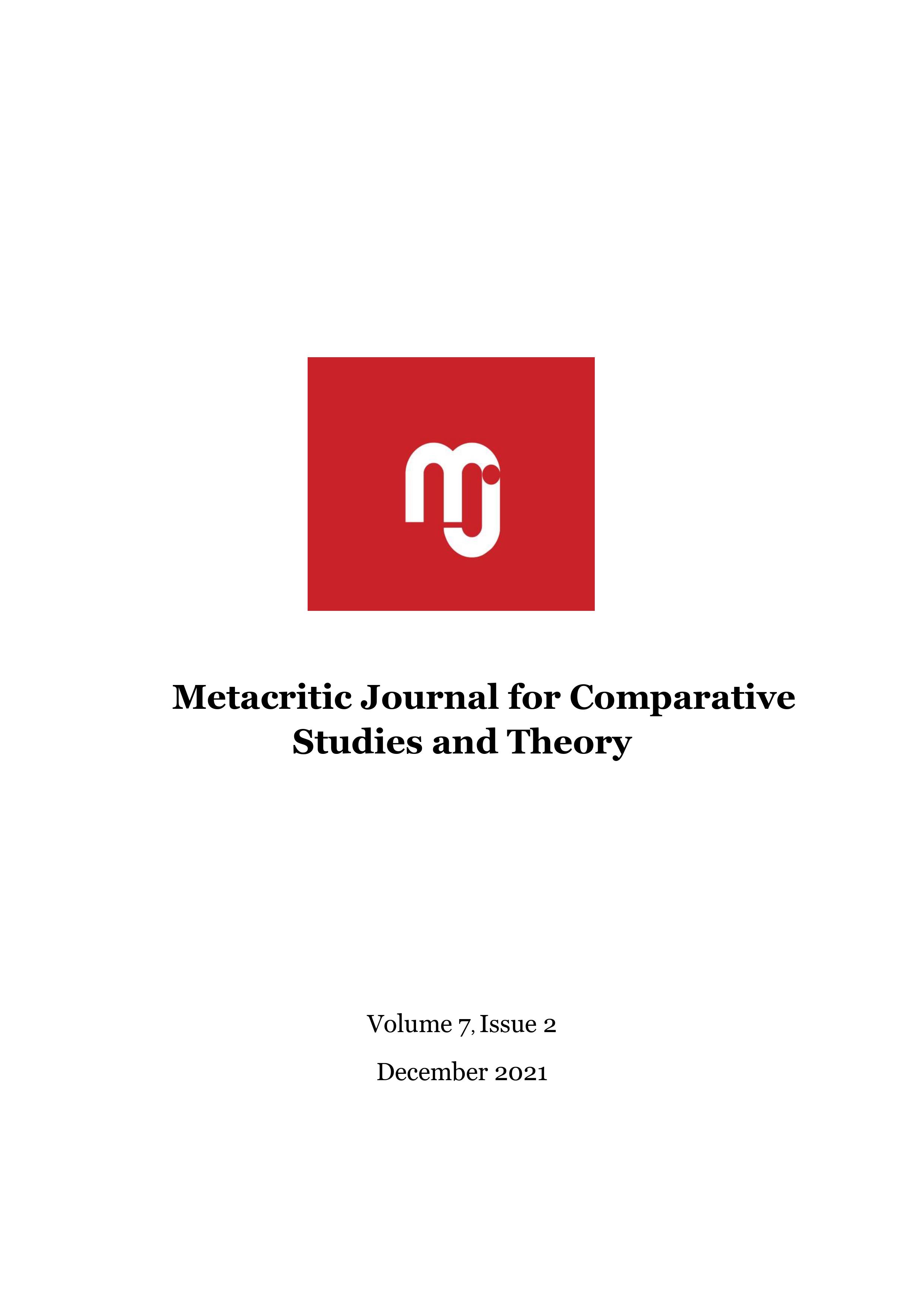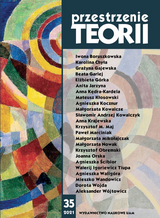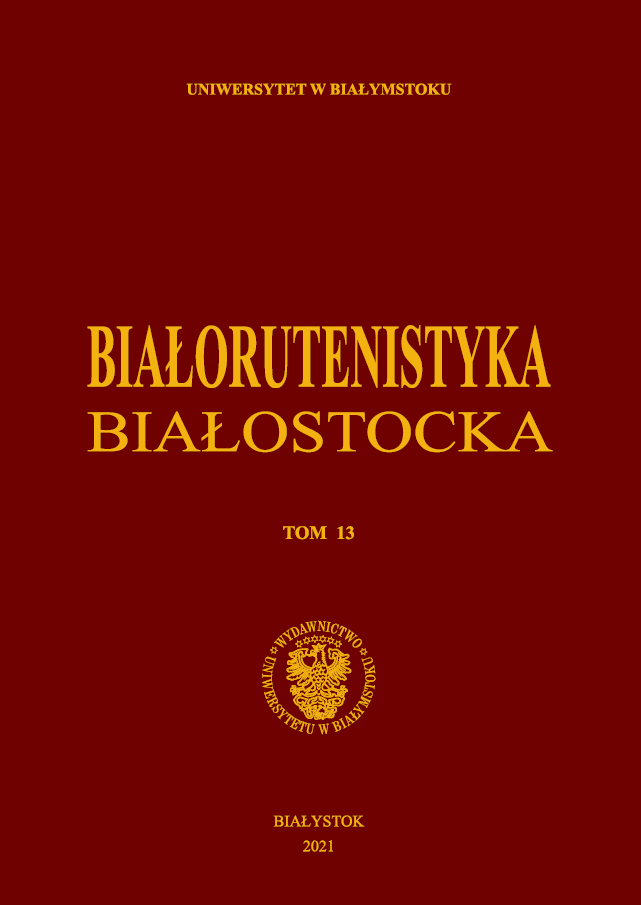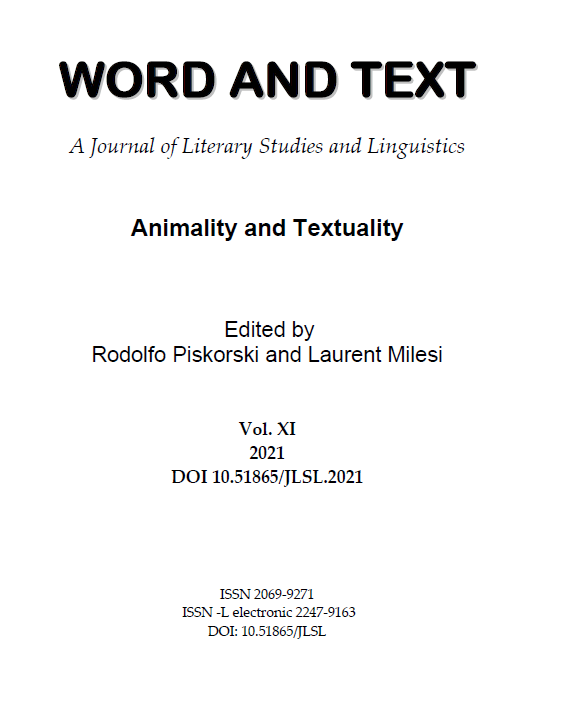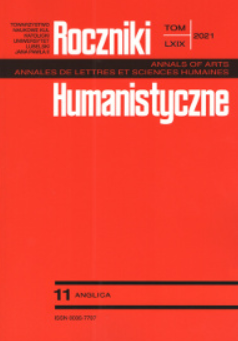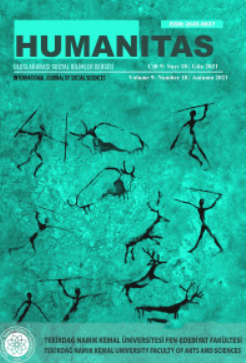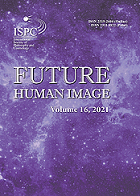
Terra Ignota. Marksizm kosmiczny jako marksizm apofatyczny
The article discusses Ada Palmer’s Terra Ignota series, which problematizes the liberal nature of contemporary utopias. The fictional 25th century, in which gender, nation states and the traditional understanding of the family–but not inequalities–have been abolished, is contrasted with the ideals a small percentage of the population. While the fictional reality is treated as a utopia by the majority of characters, the Utopians strive for a radical rupture from the contingency and pledge themselves to the unknown future. Since the states in Palmer’s world lack territory and it is impossible for Utopia to form an enclave on Earth, the Hive dedicates itself to terraforming Mars, with leaving Earth as their one common goal. The tasks the Utopians undertake are not rooted in a coherent homogenous project but seem to be grounded in a protest against the status quo naturalized by the rest of society. The Utopian strategy is treated as an example of China Miéville’s apophatic Marxism. Apophasis remains a powerful tool of critique and an incentive to take action.
More...
